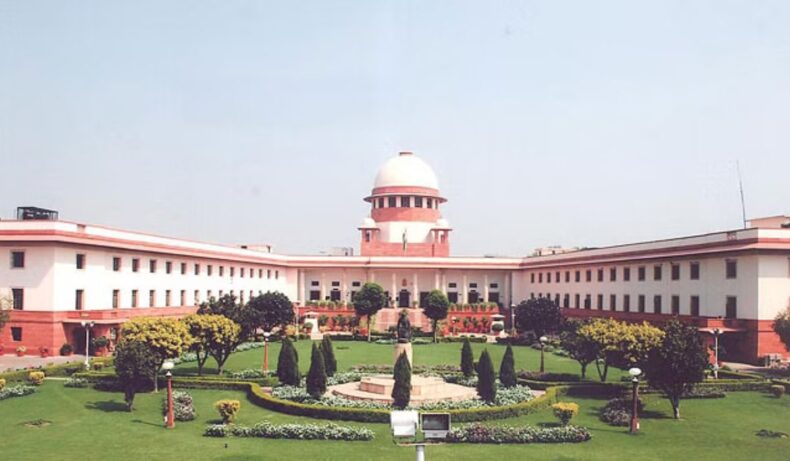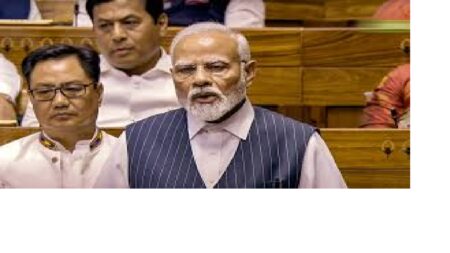A number of petitions opposing the repeal of Article 370 of the Constitution, which granted the former State of Jammu and Kashmir special status, are being heard by the Supreme Court. Since August 2, daily hearings have been held by a five-judge constitution bench led by Chief Justice D.Y. Chandrachud.
Supreme Court’s hearing on the repeal of Article 370 Constitutionally, J&K is independent, and Parliament cannot pass legislation without it: Zaffar Shah
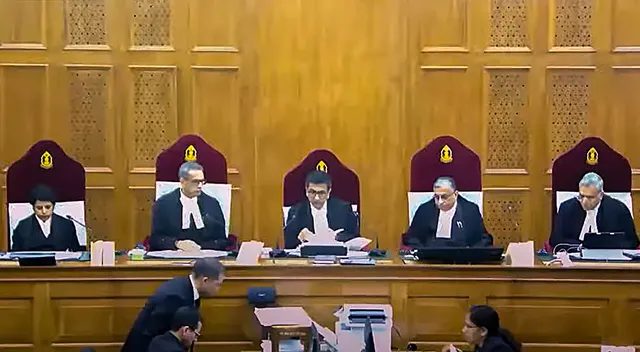
The Jammu and Kashmir (J&) Constituent Assembly had intended for the Constitution of India to apply to J&K with modifications and exceptions, according to senior attorney Gopal Subramanium, who on August 9 informed a Constitution Bench presided over by Chief Justice of India D.Y. Chandrachud of this. CJI Chandrachud also asked during the hearing if Article 370(3) of the Constitution could have been changed by the Presidential Order [CO 272] using Article 367’s interpretive clause.
The court eventually questioned why neither the Union of India nor the Legislative Assembly of Jammu and Kashmir, nor the rest of the political class in the nation, had ever bothered to “expressly” put the Constitution of J&K under the umbrella of the Constitution of India. Additionally, it was recognized that over time, the J&K Constitution has constrained both the legislative authority of the Parliament and the executive authority of the Union of India.
Senior attorney Kapil Sibal had already argued that an executive action made unilaterally cannot alter the conditions of a relationship that is enshrined in the constitution under Article 370. Additionally, Chief Justice D.Y. Chandrachud had already noted that, as a constitutional democracy, India seeks out popular opinion through reputable institutions like the Parliament rather than through referendums like those used in Brexit.
On August 3, the court questioned if the Basic Structure of the Constitution is being compared to Article 370, which granted Jammu and Kashmir special status.
Shah mentions the Hereditary State Subject Order from 1927.
According to Shah, the goal is to safeguard citizens of the State of J&K who are long-term residents. Shah mentions the 1927 Hereditary State Subject Order, which was enacted by the Maharaja of Kashmir at the time.
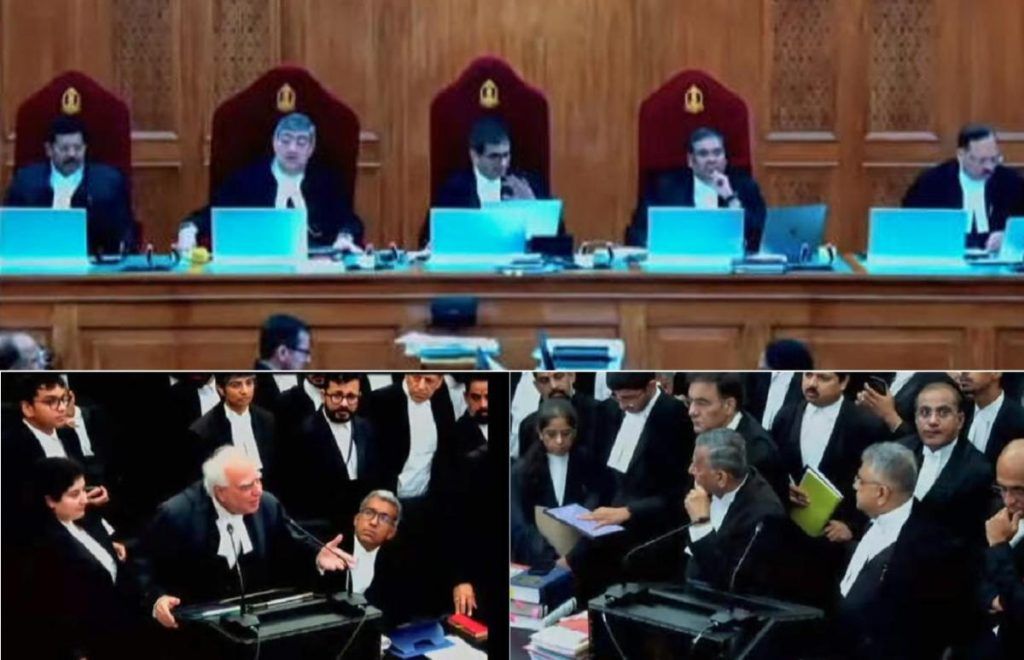
Our constitutional independence was stripped away:
What about constitutional clauses for which consent is required and the President must implement changes only after consent? Whether other states have a similar provision?
Shah continues, “We are only claiming that the constitutional autonomy was taken from us.” He is asserting that J&K once possessed constitutional autonomy, which has now been withdrawn. How can we reclaim that? by presenting what we have to this court?
“I still have some constitutional autonomy,” As Justice Kaul said, it may be a skeleton. However, someone thought the skeleton was upsetting him.
The Union of India received total sovereignty over J&K: Chandrachud, C.J.
CJI Chandrachud emphasizes that concurrence is an issue that is not limited to the Union’s relationship with J&K. He claims that the Constitution calls for several levels of concurrence and maintains the Union’s sovereignty.
“Our ideas about parliamentary exclusion from states have changed over time.” One thing is certain, though: the Union of India received the full transfer of sovereignty, and the CJI continues.
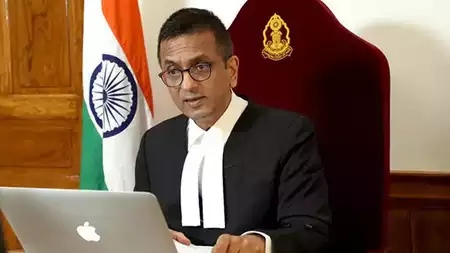
It cannot be assumed that the Indian Constitution retains any kind of authority over J&K after Article 370, according to CJI Chandrachud
The Chief Justice of India believes that because Article 1 of the Constitution declares India to be “a Union of States,” which includes the State of J&K, the transfer of sovereignty is complete.
He claims that it cannot be assumed that the Constitution still has some degree of jurisdiction over J&K after Article 370.
Sovereignty is unaffected by restrictions placed on the Parliament’s authority: Chandrachud, C.J.
The competence of the Parliament to enact legislation on issues covered by the State List is constrained, according to CJI Chandrachud, even about States other than J&K. He asserts that India’s sovereignty is unaffected by how the legislative authority is divided.
Implicit restrictions on the ability to enact laws are part of the constitution’s “scheme or framing.” mostly because we do not have a unified state. Does that, however, diminish sovereignty? No. The CJI continues, “It is merely a restraint on the Parliament.”
J&K’s sovereignty was not unconditionally ceded to India:
The Chief Justice of India (CJI) goes on to say, “Once sovereignty was absolutely, fully vested in India, the only restraint would be on the power of parliament to enact laws.”
A merger agreement must be completed if J&K must be fully integrated:
Shah notes that a merger agreement must be completed and the IOA and Article 370 abolished if J&K is to be fully merged.
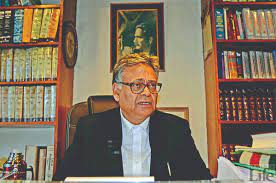
J&K enjoys constitutional independence, and laws cannot be passed without agreement:
According to Shah, the IOA and Article 370 of the Constitution provide the State of J&K constitutional authority. He asserts that J&K is the only state for which the President and the Union government cannot pass legislation without consulting the state.
The Parliament’s ability to enact laws for J&K was subject to restrictions:
Shah informs the Bench that restrictions have been placed on the Parliament’s ability to enact laws for J&K. He asserts that Article 370’s wording makes it apparent that the Parliament must have consent before passing laws relating to any of the topics included in the Seventh Schedule’s, other than those stated in the IOA, lists.
He continues that consent is required even for the substantive provisions of the Constitution to be applicable.
The Court had also raised concerns over the repeal of Article 370 by an ordinance while the State is subject to the President’s control as specified in Article 356.







